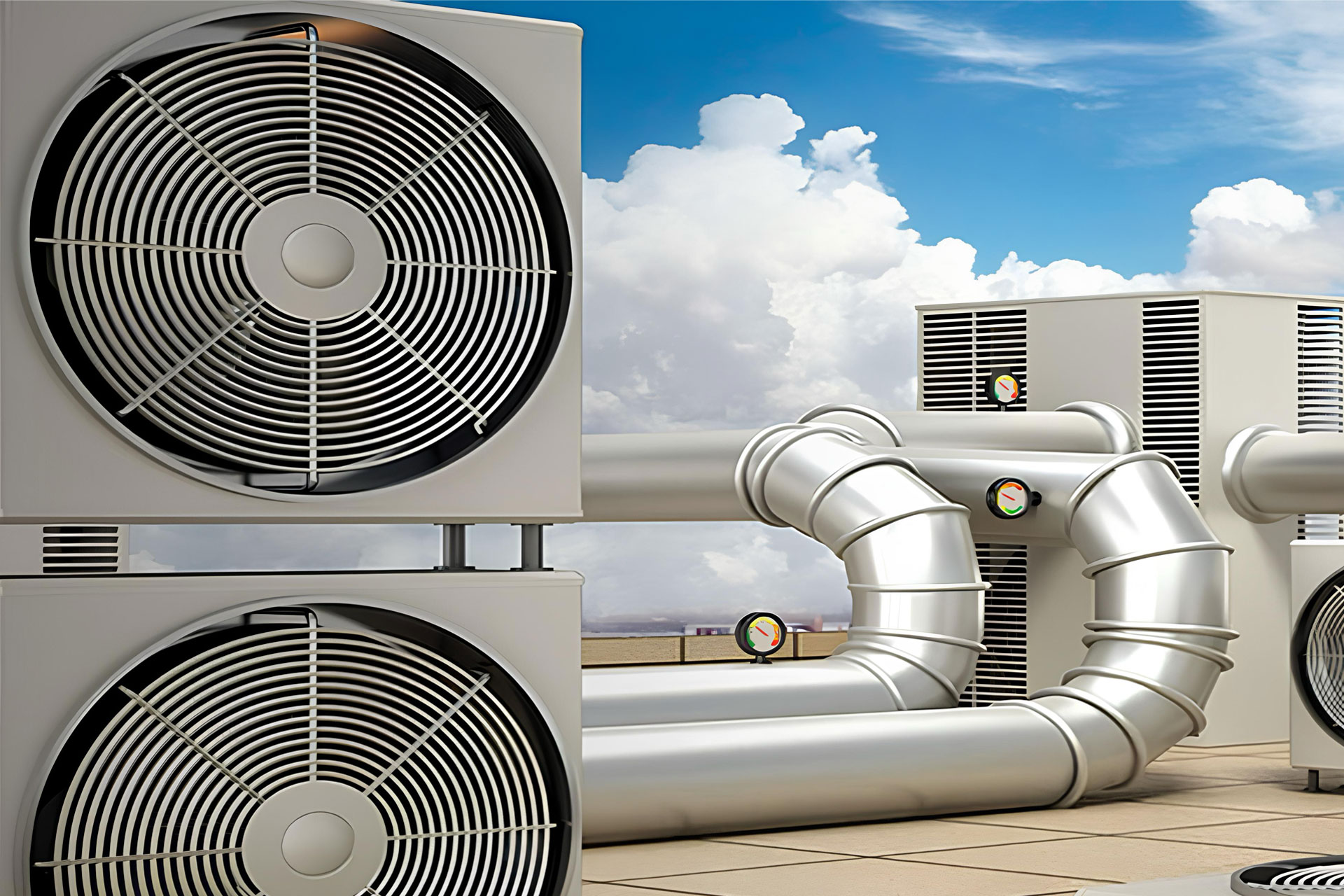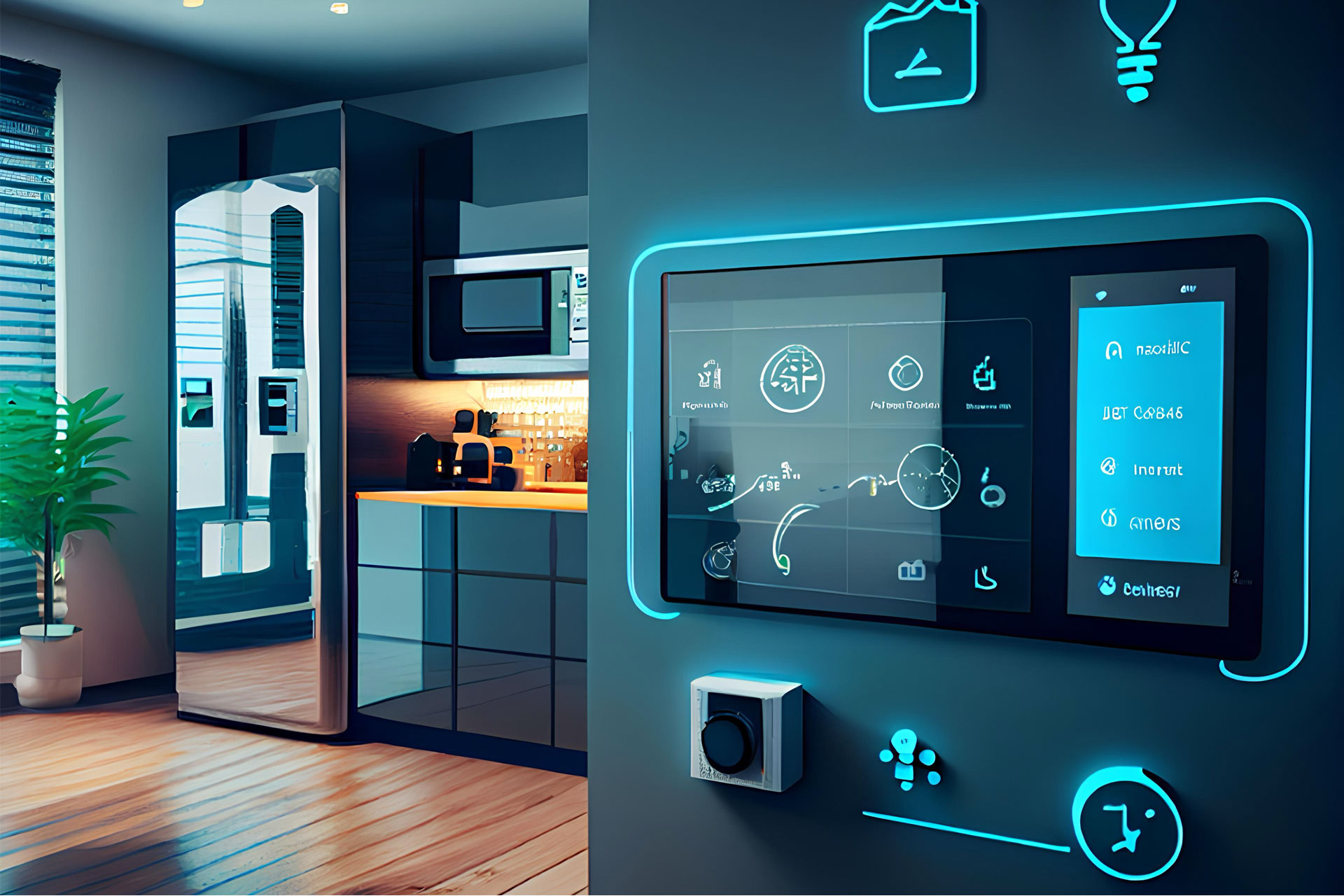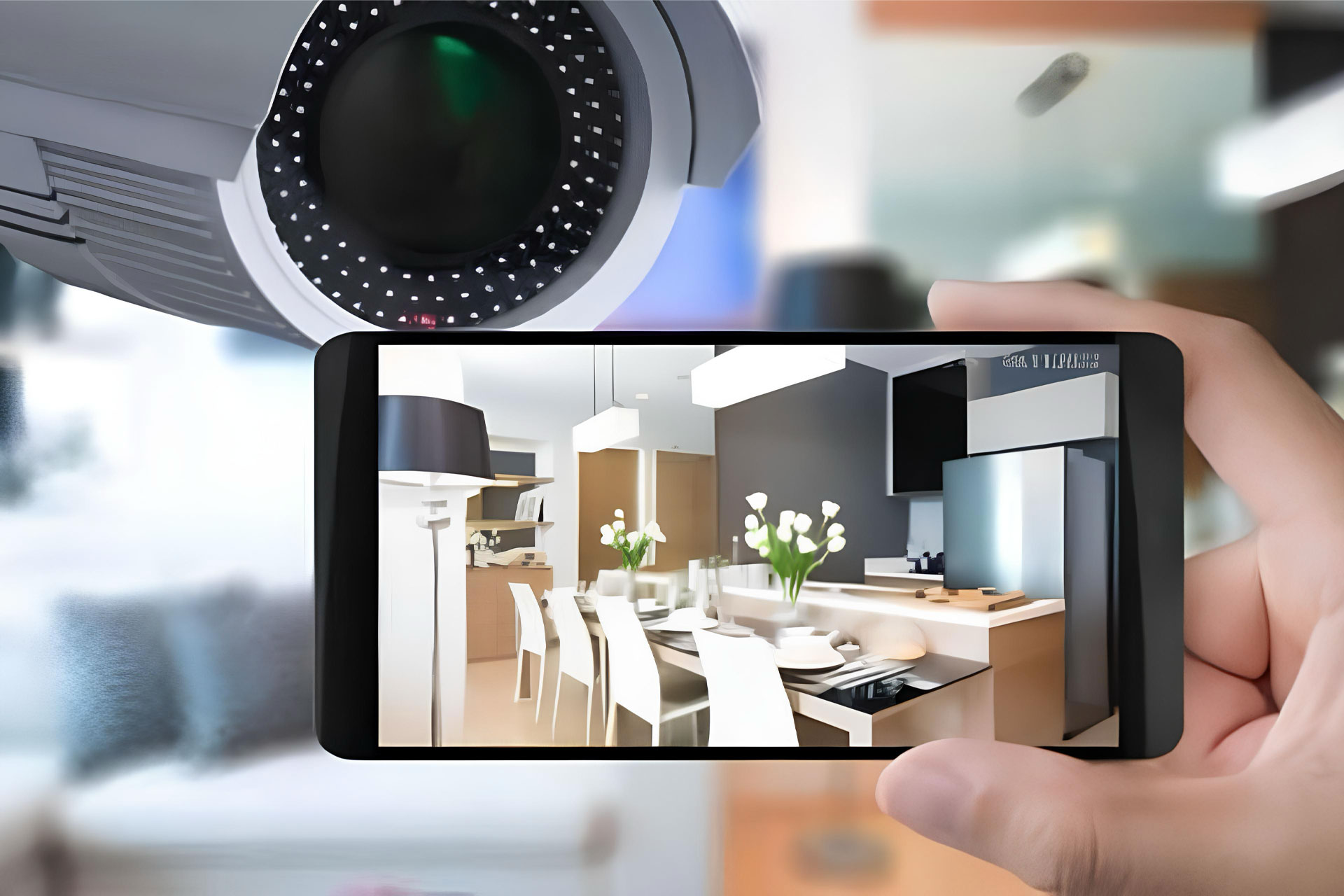1. Air Conditioning Output Uneven
If your employees are experiencing any discomfort in the way that your system is cooling off your space, with limited cool air flow coming from the air conditioner. If the office workers are complaining about higher levels of humidity or hot offices, you may need to call in an HVAC technician and have them take a look. Inconsistency and uneven airflow suggests that you may have problems in the air ducts, the blower, refrigerant or other components within the commercial air conditioning system.
2. Rising Humidity Levels
Your commercial air conditioning system not only cools your commercial space off, it also dehumidifies it. If you’re noticing that some places in your building are feeling sticky or not coinciding with what you’re reading on the thermostat, it’s probably time to get in touch with your HVAC company. Indoor air quality affects the energy efficiency of your commercial property and a regularly inspected HVAC unit is important not only to save on energy costs but it’s also linked in with employee health. Humidity in the office is a telltale sign that your HVAC system needs a tune-up.
3. Unpleasant Smells
Chemical smells and mold and mildew odors are indicators of a system needing maintenance. Sometimes when your boilers or heating system gears up for the first few times in the fall, you will experience a slight burning smell, but if the problems persist, you should call in an HVAC maintenance expert. Rotting odors on the other hand, can mean that a small animal has crawled up inside of your ductwork and expired. One thing is for sure, when you’re working in these conditions, an HVAC repair company needs to be called immediately.
4. Strange Noises
If you’re hearing any kind of loud or even muffled noises out of your HVAC system, your commercial HVAC system needs repair. Any buzzing, clicking, clanging or humming excessively coming from your system suggests that it needs some attention from a technician. Any gurgling or hissing sounds coming from your system is usually indicative of a leak in the system, and in that case employees should not be working there and HVAC repair personnel should be contacted right away. Grinding noises are usually indicative of problems with air handlers or problems within the small components of the motor. Before things get serious and you need to shell out tons of money, get in touch with a commercial HVAC technician to diagnose the problem and fix it.
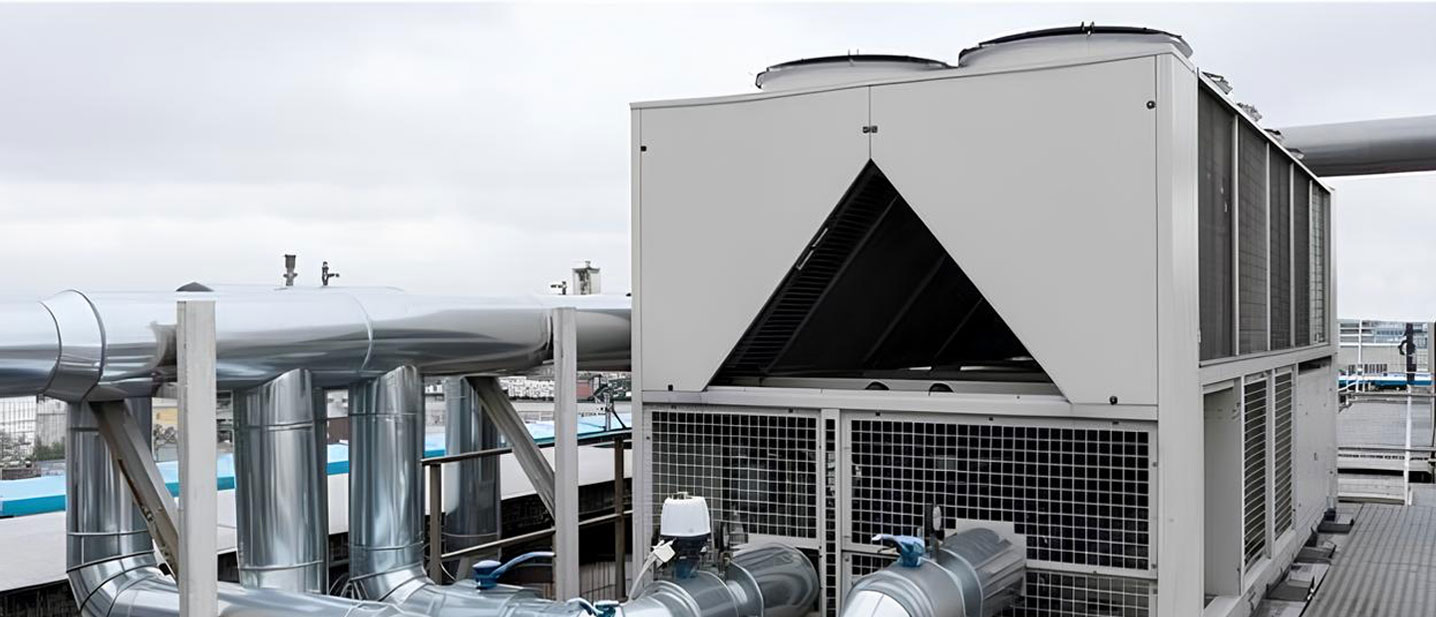
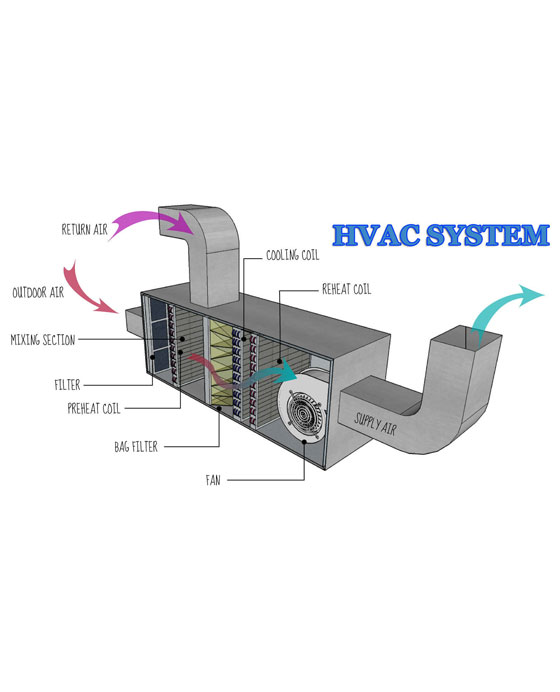
5. Short Cycling
If your system comes on and shuts off fairly quickly, over and over again, it means your system is under a considerable amount of stress and a HVAC professional should be contacted immediately. Sometimes it means that a couple of internal components need to be serviced. But other times it could be a broken compressor, heat pump or other critical parts of your HVAC equipment needed for operating correctly for the lifespan of your machines and system as a whole. Be aware of these signs of lessened output and correct it before a small problem in need of repair becomes a whole system replacement.
6. Energy Bills Increasing
To the person paying the bills at the commercial property, this one will get your attention perhaps faster than anything else. If things are breaking down within the heating or cooling system, it can cause equipment to work longer and harder, thus raising energy costs. Every season has its own fluctuations in temperature based on the conditions and that’s normal. If there are visible signs of system malfunctions, like excessive moisture on the walls or rust showing up on the pipes of the appliances, your HVAC system is not doing what it’s supposed to. But if you happen to see a massive spike in utility bills from month to month, it’s time to call an HVAC professional to come out and investigate. Properly maintained commercial HVAC systems, regular AC unit service, changing of air filters, etc. can make a huge difference in the energy efficiency and what you’ll be paying month to month.
7. HVAC Equipment Reaching Its Lifespan
Sooner or later, every HVAC system will come to the end of its expected lifespan. If you’re noticing the components of your system are aging and you can see it. If you’re nearing the end of the line for your system and things aren’t working properly or even if they’re still working at a satisfactory level, it may be time to consider the feasibility of totally replacing the entire commercial HVAC system.


